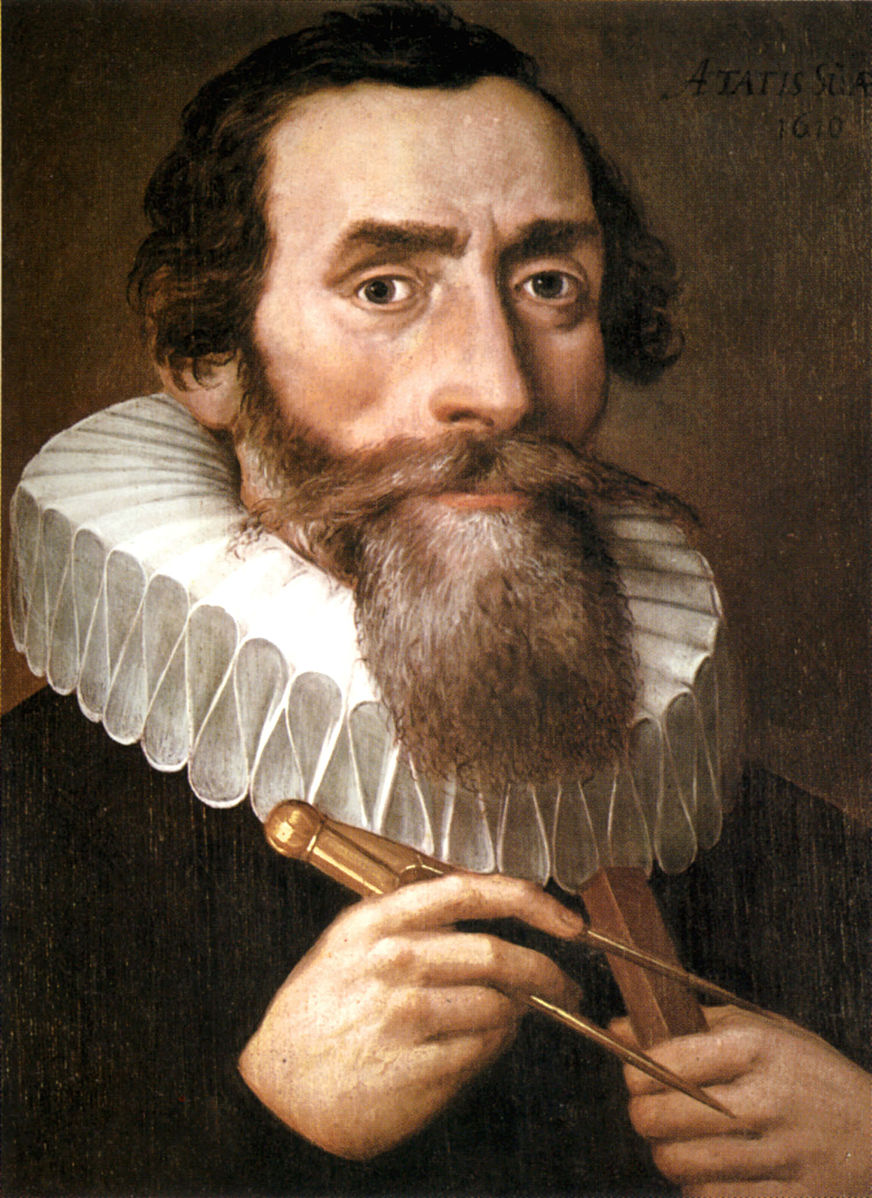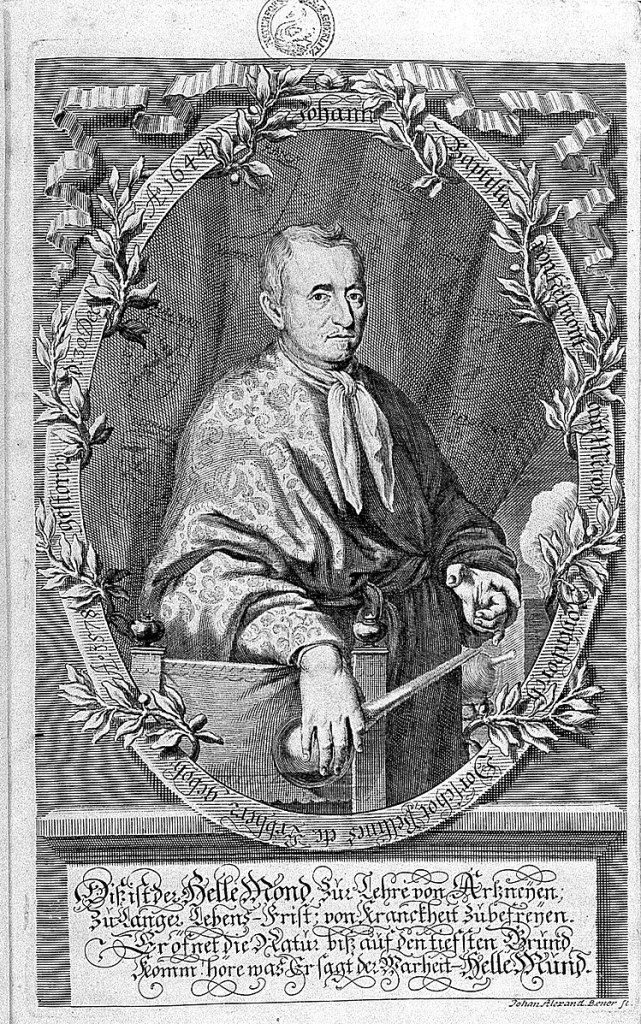For this research assignment, my chosen astronomer is Galileo Galilei!
First and foremost, it’s important to note that Galileo Galilei was born on February 15th of 1564 and died on January 8th of 1642. He lived until he was 77.
In order to gain a better understanding of Galileo’s life and timeline, I’ll highlight two significant events that happened during his lifetime. The first event, the Roman Inquisition, was a Roman Catholic Church-based justice system designed to prosecute individuals who held beliefs contrary to the existing religious doctrine. Galileo (and Copernicus) both experienced the Inquisition firsthand, as they were prosecuted for believing in the Copernican heliocentric system (which didn’t align with the Church’s theories about the Earth and the Universe). The second event, the famous Tower of Pisa Experiment, was Galileo’s attempt to dispel Aristotle’s theory on gravity (how objects fall at a rate proportional to their mass). To disprove Aristotle, Galileo took two spheres of different masses and dropped them off the top of the Leaning Tower of Pisa. The conclusion of the experiment was that the objects do not fall proportional to their mass but rather at the same rate (due to air resistance). Even though historians consider this a thought experiment, it was nonetheless significant in Galileo’s history.
Additionally, I chose Pope Urban VIII (Maffeo Barberini) as my second historical figure, as he is indirectly relevant to Galileo’s life and success. He was born on April 5th of 1568 and died July 29th of 1644. He also served as the Pope during Galileo and Copernicus’ lifetimes. Even though he was regarded as moderately successful (as he was able to admire scientists and mathematicians without really worrying about the religious ramifications), he ended up developing a broken relationship with Galileo, leading to Galileo’s house arrest and death (towards the end of his life). They were originally colleagues (the Pope admired Galileo’s work and gave Galileo permission to write on his findings) — however, after they had a falling out (about a book), the Pope never forgave Galileo.
As a reflection, I personally found researching important figures related to historical astronomy to be really interesting and profound! It’s always crazy to me how tons of scientists from the past knew each other and worked in the same circles – this research assignment showed me that astronomers were no different (especially Galileo, Brahe, and Copernicus). Additionally, it gave me perspective into how astronomy started – it was really cool to see how these complex ideas we think about today all began as a result of some simple experiment or not-so-complex theory.








